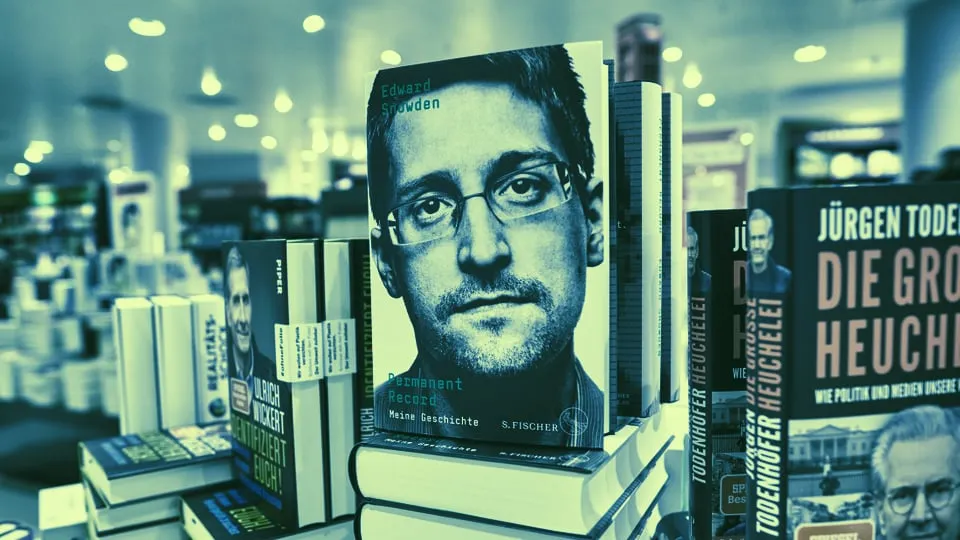Edward Snowden, the famed National Security Agency whistleblower, helped launch Zcash in 2016, a representative of the Zcash inventors Electric Coin Company told Decrypt.
Snowden joined Zcash creator Zooko Wilcox, Bitcoin core developer Peter Todd, Coin Center's Peter Van Valkenburgh and two others in launching the Zcash blockchain. In a process known as "trusted setup," the six participants each received a sliver of the private key needed to create the cryptocurrency. Previously, the identity of the sixth participant was known by the pseudonym "John Dobbertin."
The culmination of the creation ceremony involved destroying the keys.
"If anybody has access to this key, they could counterfeit Zcash without anybody knowing," Electric Coin Company SVP Josh Swihart told Decrypt. "So what it required was a setup where the key could be generated by six different parties, and if any party was honest and destroyed their part of the key, then it would be safe from counterfeiting."
The news was first reported by Forbes based on a leaked video from Zcash Media of Snowden, in which he discusses the need for a privacy-centric alternative to Bitcoin. "Bitcoin quite famously is an open ledger," he states. "The problem with that is you can't have truly free trade unless you have private trade. And you can't have a free society without free trade."
Zcash is known as a privacy coin because it harnesses zero-knowledge proofs, a form of cryptography that can be used to verify that a legitimate transaction took place without needing to see the details.
Snowden has been living in exile in Russia since being charged by the U.S. government with espionage in 2013, after he leaked documents about the NSA's surveillance program to the press. Before he could be arrested, Snowden fled to Russia, seeking asylum. He's now a resident.
Despite his involvement in the privacy coin, Snowden reportedly wasn't into Zcash for the cash—and Electric Coin Company says he wasn't given crypto or any other compensation for his involvement.
"He did it as a service, as a public good, and believing in privacy," said Swihart.

